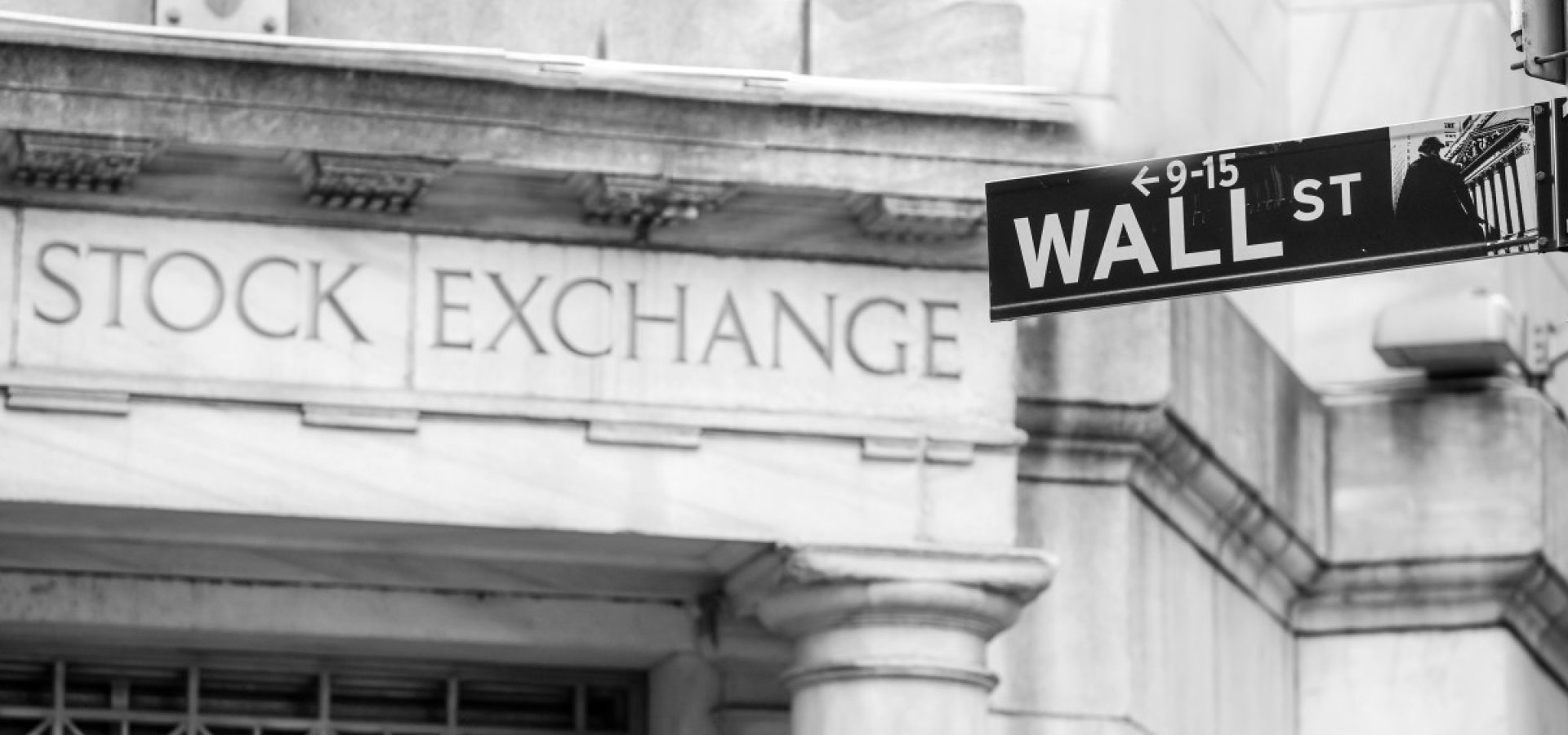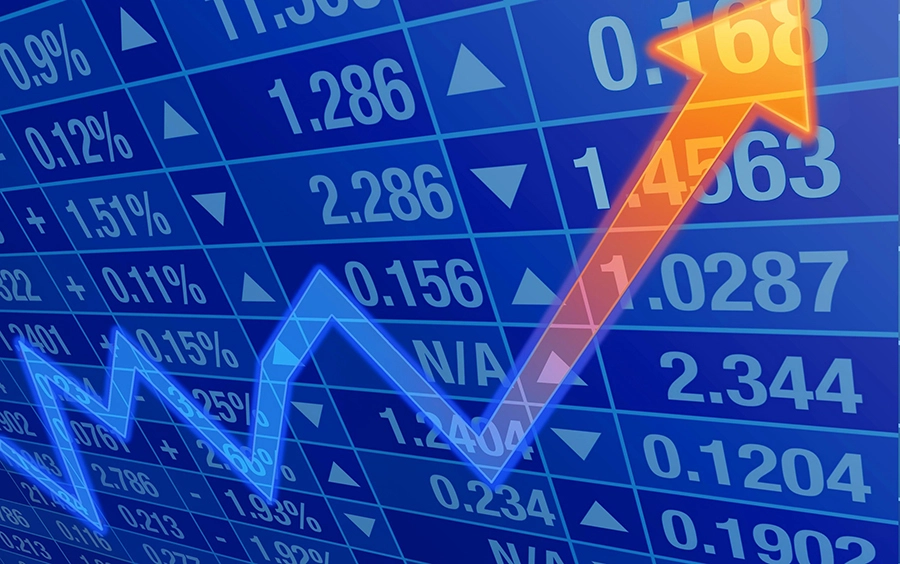The U.S. has the largest economy in the world. It means that what happens in this country may affect the global economy. Ongoing coronavirus outbreak created many questions about the state of the global economy. All of the factors combined continue to influence the stocks.
Two days ago, U.S. President Donald Trump made an announcement regarding the situation. According to Trump, the risk remains low.
The same day, the Dow Jones Industrial Average fell 123.77 points to 26,957.59. Moreover, the S&P 500 declined 0.4% to 3,116.39. Another major stock index also fell on February 26.
However, the Nasdaq Composite rose 0.2% to 8,980.77.
Stocks across the region
Japanese stocks led losses among major markets in the region.
The Nikkei 225 index fell 2.13% to close at 21,948.23. Meanwhile, the Topix index ended its trading day 2.37% lower at 1,568.06.
In South Korea, the Kospi index also declined on Thursday. The Kospi index closed 1.05% lower at 2,054.89.
Furthermore, Hong Kong’s Hang Seng index was mostly flat as of its final hour of trading. Shares of Standard Chartered listed on the Hong Kong Stock Exchange rose more than 1%.
Hopefully, mainland Chinese stocks defied the trend as they saw gains on the day. For example, the Shanghai Composite added 0.11% to about 2,991.33. In the meantime, the Shenzhen component rose 0.32% to 11,534.02. The Shenzhen composite gained 0.24% to around 1,895.13.
Australia’s S&P/ASX 200 fell 0.75% to 6,657.90.
Coronavirus outbreak is far from being over. In this situation, stock markets in Asia, the U.S., and elsewhere are struggling to deal with problems.
Politicians from U.S. Asia, Europe, and other parts of the world should work harder to contain the virus. This way, it will be easier to stabilize the situation. As a result, stocks will benefit from such decisions. The World Health Organization and international organizations should come together to deal with this problem.









COMMENTS